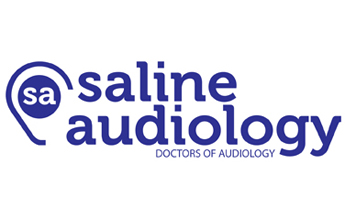How Noise Affects Our Hearing
Sound volume is measured in decibels, with the softest sound a normal hearing human can hear measuring at 0 dBA. Any sounds above 85 dBA for 8 or more hours are considered unsafe. Most firecrackers produce sounds starting at 125 dB peak SPL, presenting the risk of irreversible ear damage.
Repeated exposure to loud noise, over an extended period of time, presents serious risks to hearing health as well. If you have to shout over the noise to be heard by someone within arm’s length, the noise is probably in the dangerous range. Here are the warning signs:
- You have pain in your ears after leaving a noisy area.
- You hear ringing or buzzing (tinnitus) in your ears immediately after exposure to noise.
- You suddenly have difficulty understanding speech after exposure to noise; you can hear people talking but can’t understand them.
Copyright © 2015 Better Hearing Institute, All rights reserved.
http://www.betterhearing.org.
